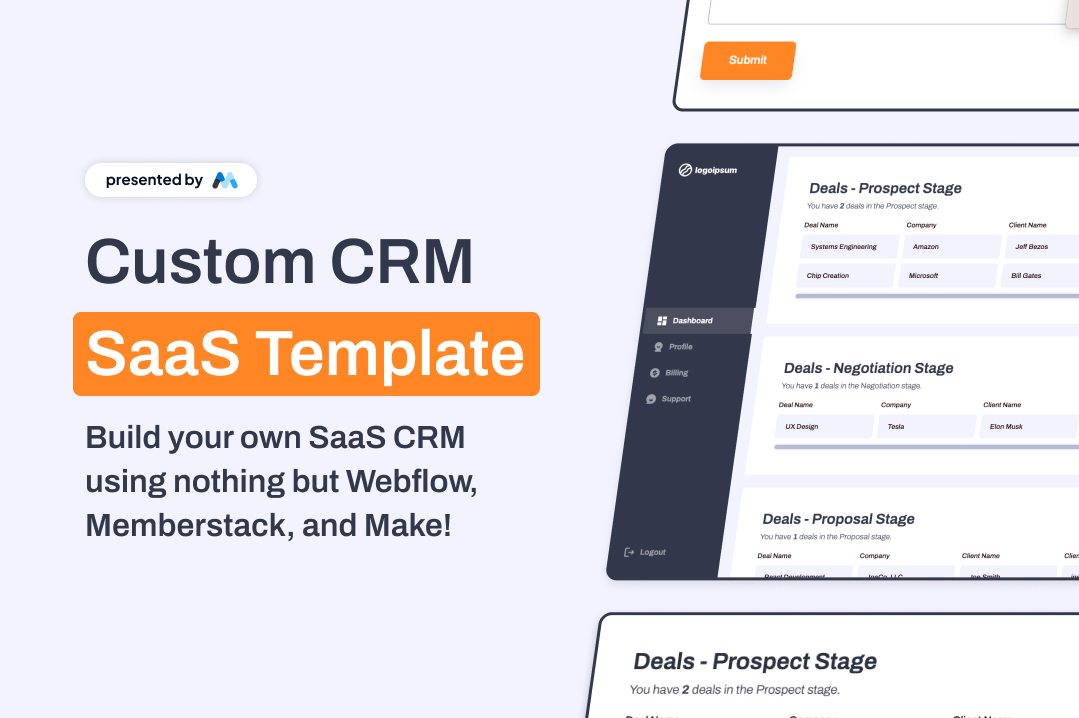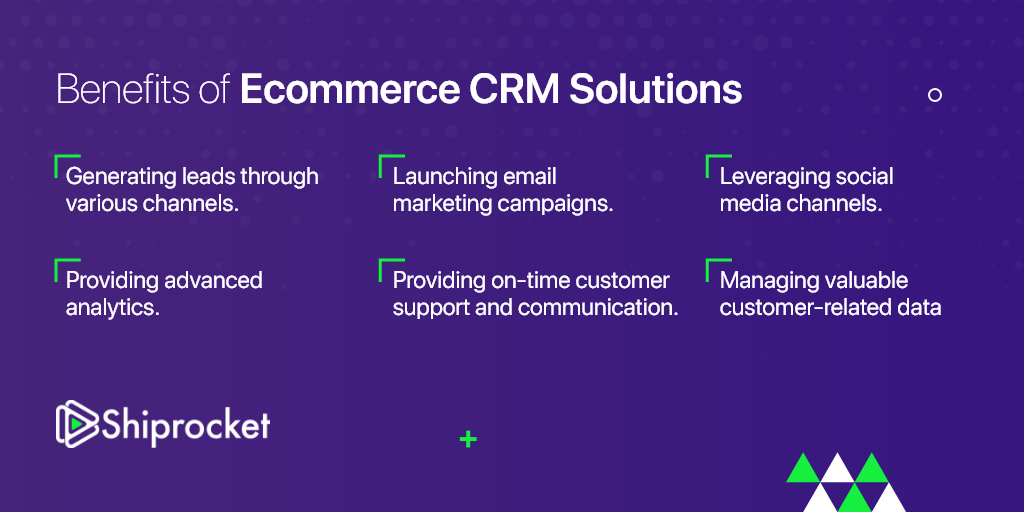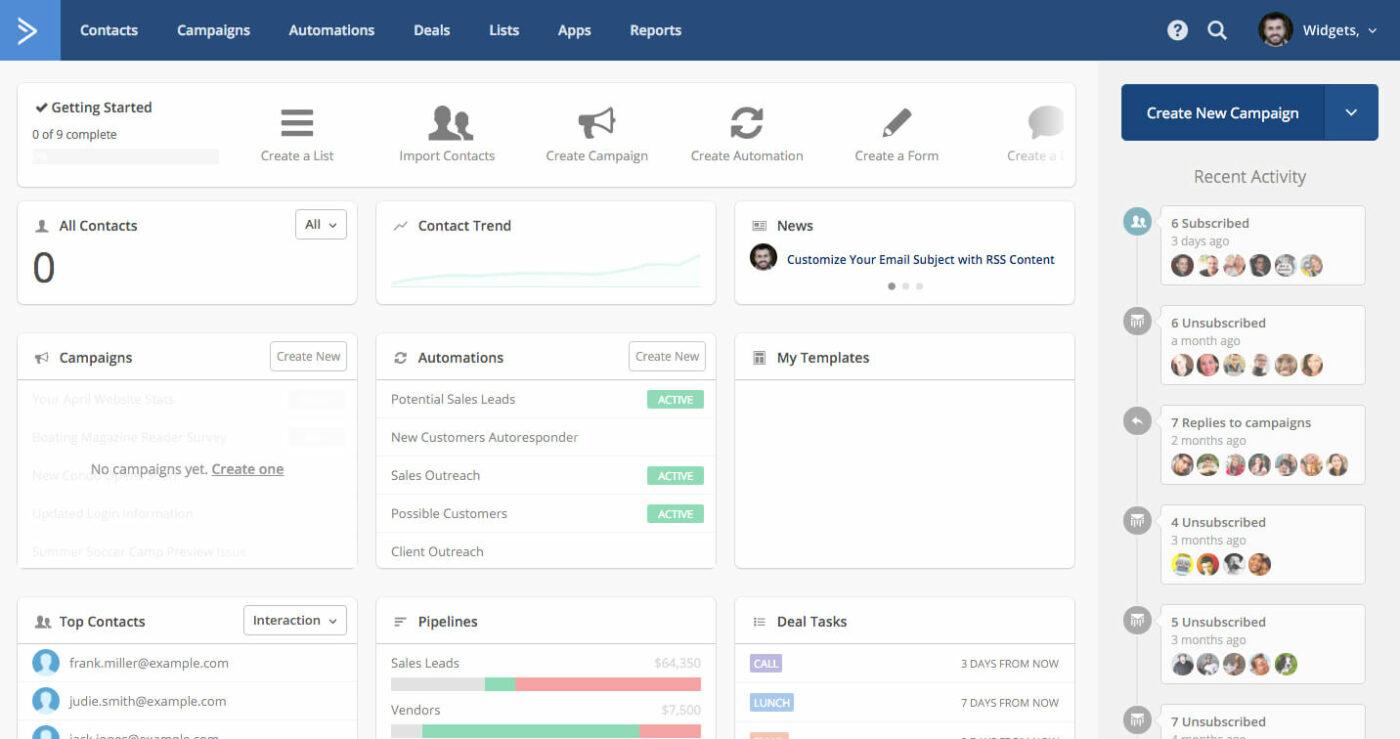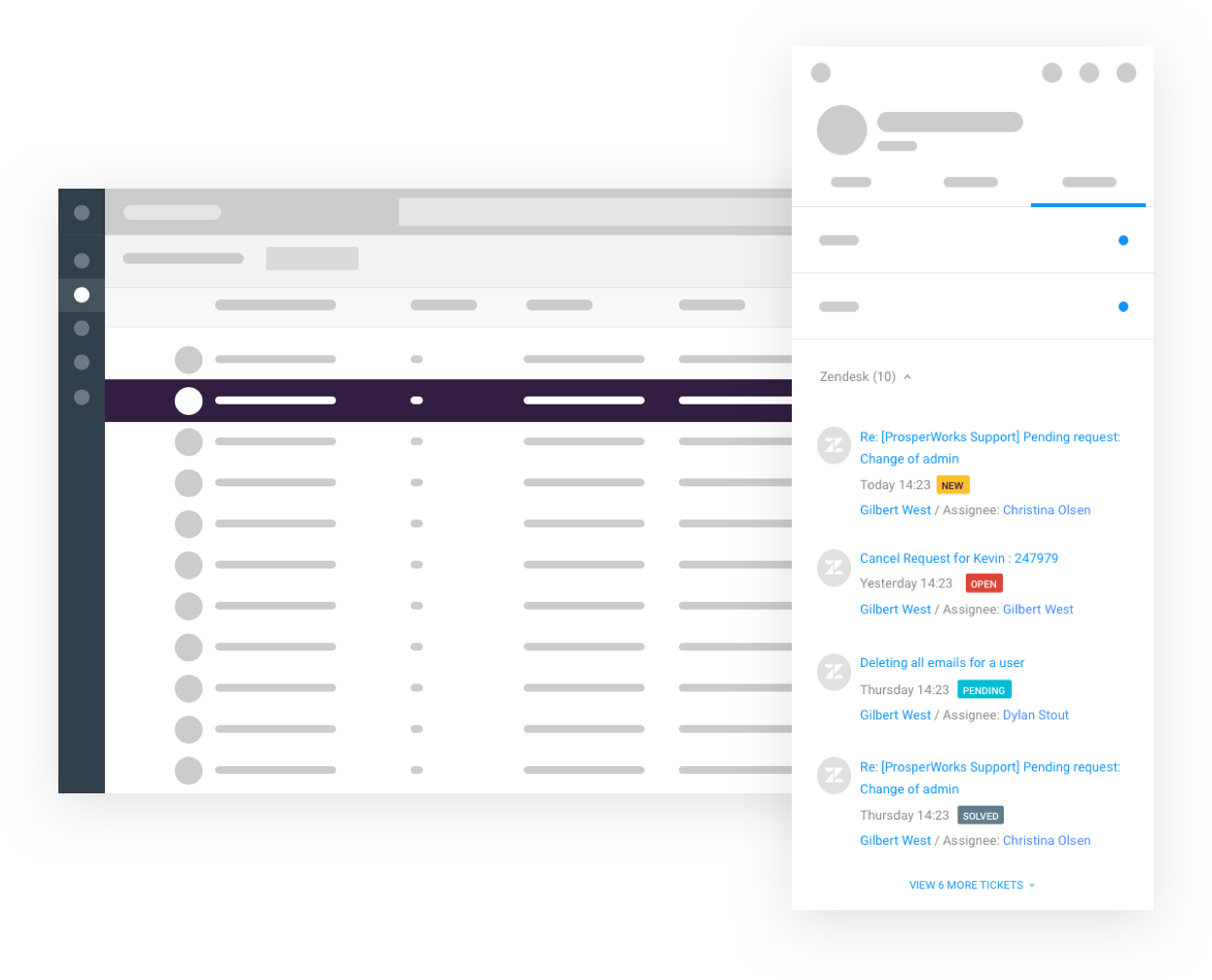Unlocking Customer Insights: The Ultimate Guide to CRM Marketing Survey Tools
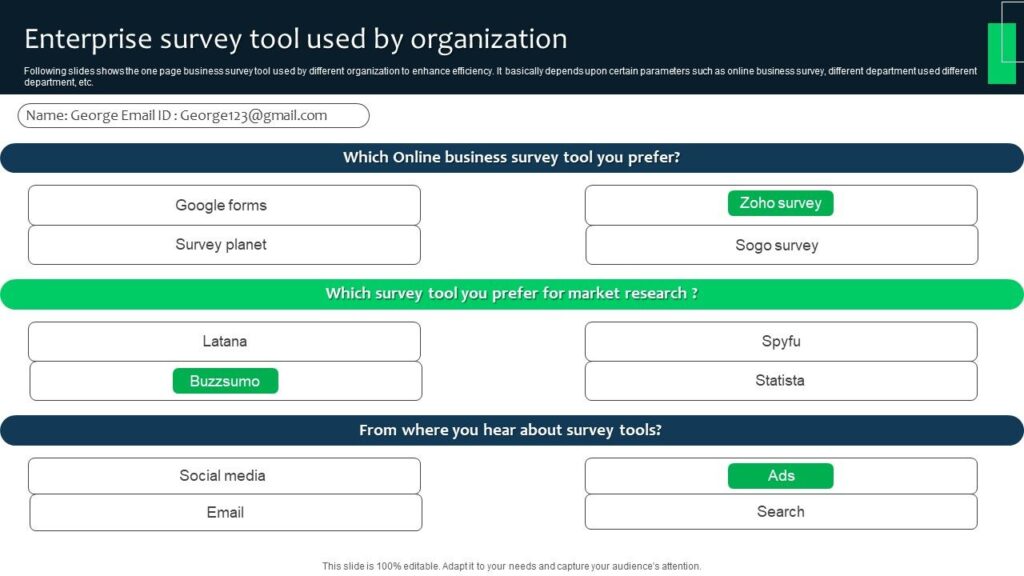
Unlocking Customer Insights: The Ultimate Guide to CRM Marketing Survey Tools
In today’s hyper-competitive business landscape, understanding your customers is no longer a luxury – it’s a necessity. Gone are the days of relying solely on intuition or guesswork. The modern marketer needs concrete data, actionable insights, and a deep understanding of customer preferences and behaviors. This is where CRM marketing survey tools come into play. They are the unsung heroes of modern marketing, helping businesses gather valuable information, personalize customer experiences, and ultimately, drive growth. This comprehensive guide will delve deep into the world of CRM marketing survey tools, exploring their benefits, features, and how you can leverage them to transform your marketing strategy.
What are CRM Marketing Survey Tools?
At their core, CRM marketing survey tools are software solutions designed to integrate customer relationship management (CRM) data with survey capabilities. This integration allows businesses to collect, analyze, and act upon customer feedback within the context of their existing CRM data. Imagine being able to send targeted surveys to specific customer segments, track their responses, and automatically update their profiles with the information gathered. That’s the power of CRM marketing survey tools.
These tools typically offer a range of features, including:
- Survey Design: Drag-and-drop survey builders, pre-built templates, and a variety of question types (multiple choice, open-ended, rating scales, etc.) to create engaging surveys.
- Distribution: Options for distributing surveys via email, embedded links, website pop-ups, and even SMS.
- Data Collection: Automated data collection and storage, ensuring that responses are captured accurately and efficiently.
- Segmentation: The ability to segment customers based on CRM data (demographics, purchase history, engagement levels) to send targeted surveys.
- Reporting and Analytics: Real-time dashboards, customizable reports, and advanced analytics to visualize survey results and identify trends.
- CRM Integration: Seamless integration with popular CRM platforms like Salesforce, HubSpot, and Zoho CRM, enabling data synchronization and streamlined workflows.
The Benefits of Using CRM Marketing Survey Tools
The advantages of incorporating CRM marketing survey tools into your marketing arsenal are numerous and far-reaching. Here are some of the key benefits:
1. Enhanced Customer Understanding
Perhaps the most significant benefit is the ability to gain a deeper understanding of your customers. By collecting feedback directly from your target audience, you can uncover their needs, preferences, pain points, and expectations. This valuable information can then be used to:
- Improve Product Development: Identify areas for product improvement or new product opportunities.
- Refine Marketing Campaigns: Tailor your messaging and targeting to resonate with specific customer segments.
- Personalize Customer Experiences: Deliver more relevant and engaging interactions, leading to increased customer satisfaction and loyalty.
- Identify Churn Risks: Proactively address customer concerns and prevent churn.
2. Improved Customer Satisfaction and Loyalty
By actively soliciting and responding to customer feedback, you demonstrate that you value their opinions. This can lead to increased customer satisfaction and loyalty. Customers who feel heard and understood are more likely to remain loyal to your brand, recommend your products or services, and become brand advocates. CRM marketing survey tools empower you to:
- Measure Customer Satisfaction (CSAT): Track customer satisfaction levels over time and identify areas for improvement.
- Gauge Customer Effort Score (CES): Assess the ease with which customers interact with your business and identify friction points.
- Calculate Net Promoter Score (NPS): Measure customer loyalty and advocacy by asking customers how likely they are to recommend your brand.
3. Increased Marketing ROI
By leveraging customer insights, you can optimize your marketing efforts and improve your return on investment (ROI). CRM marketing survey tools enable you to:
- Target the Right Customers: Segment your audience and deliver highly targeted marketing campaigns.
- Personalize Marketing Messages: Craft personalized messages that resonate with individual customer preferences.
- Improve Conversion Rates: Optimize your website, landing pages, and sales processes based on customer feedback.
- Reduce Marketing Waste: Avoid wasting resources on ineffective marketing campaigns by focusing on what works.
4. Streamlined Workflows and Improved Efficiency
Integrating survey data with your CRM system streamlines workflows and improves efficiency. This eliminates the need for manual data entry and reduces the risk of errors. CRM marketing survey tools allow you to:
- Automate Data Entry: Automatically update customer profiles with survey responses.
- Trigger Automated Actions: Trigger automated actions based on survey responses (e.g., sending a follow-up email to a dissatisfied customer).
- Improve Collaboration: Share survey data and insights with your sales, marketing, and customer service teams.
5. Data-Driven Decision Making
CRM marketing survey tools provide you with the data you need to make informed decisions. Instead of relying on guesswork or intuition, you can base your decisions on concrete evidence. This leads to more effective marketing strategies and improved business outcomes.
Key Features to Look for in CRM Marketing Survey Tools
When choosing a CRM marketing survey tool, it’s important to consider the features that are most relevant to your business needs. Here are some key features to look for:
1. Survey Design and Customization
The ability to create visually appealing and engaging surveys is crucial. Look for tools that offer:
- Drag-and-drop survey builders: Easy-to-use interfaces that allow you to create surveys without any coding knowledge.
- Pre-built templates: Templates for common survey types, such as customer satisfaction surveys, product feedback surveys, and market research surveys.
- Customization options: The ability to customize the look and feel of your surveys, including branding, colors, and fonts.
- Question types: A variety of question types, including multiple choice, open-ended questions, rating scales, and Net Promoter Score (NPS) questions.
- Logic and branching: The ability to create surveys that adapt to the respondent’s answers, showing different questions based on their previous responses.
2. Distribution and Delivery
How you distribute your surveys is just as important as the survey design itself. Ensure that the tool offers:
- Email distribution: The ability to send surveys directly to your customers’ inboxes.
- Embedded surveys: The option to embed surveys on your website or in your emails.
- Website pop-ups: The ability to display surveys as pop-ups on your website.
- SMS distribution: The option to send surveys via SMS.
- Mobile-friendly design: Surveys that are optimized for mobile devices.
- A/B testing: The ability to test different survey designs and distribution methods to optimize your response rates.
3. Data Collection and Management
Efficient data collection and management are essential for deriving meaningful insights. Look for tools that offer:
- Automated data collection: Automatic capture of survey responses.
- Data storage: Secure and reliable data storage.
- Data import and export: The ability to import and export data in various formats (e.g., CSV, Excel).
- Data cleaning: Tools for cleaning and validating your data.
- Real-time reporting: Real-time dashboards and reports that provide up-to-date insights.
4. Segmentation and Targeting
The ability to segment your audience and target specific customer groups is crucial for delivering relevant surveys and gaining meaningful insights. Look for tools that offer:
- CRM integration: Seamless integration with your CRM system to access customer data.
- Segmentation based on CRM data: The ability to segment your audience based on demographics, purchase history, engagement levels, and other CRM data.
- Targeted surveys: The ability to send specific surveys to specific customer segments.
- Personalization: The ability to personalize surveys with customer names and other relevant information.
5. Reporting and Analytics
Robust reporting and analytics capabilities are essential for understanding your survey results and identifying trends. Look for tools that offer:
- Real-time dashboards: Interactive dashboards that display key metrics and insights.
- Customizable reports: The ability to create custom reports that meet your specific needs.
- Data visualization: Charts, graphs, and other visualizations to help you understand your data.
- Advanced analytics: Features such as sentiment analysis, text analytics, and statistical analysis.
- Export options: The ability to export your reports in various formats (e.g., PDF, PowerPoint).
6. Integration with CRM and Other Tools
The tool’s ability to integrate with your existing CRM and other marketing tools is crucial for streamlining your workflows and maximizing efficiency. Consider whether the tool integrates with:
- Your CRM platform: Salesforce, HubSpot, Zoho CRM, etc.
- Email marketing platforms: Mailchimp, Constant Contact, etc.
- Marketing automation platforms: Marketo, Pardot, etc.
- Other tools: Google Analytics, Slack, etc.
Top CRM Marketing Survey Tools in the Market
The market is filled with a plethora of CRM marketing survey tools, each with its own strengths and weaknesses. Here are some of the top contenders:
1. Qualtrics
Qualtrics is a comprehensive survey platform that offers a wide range of features and capabilities. It’s a popular choice for large enterprises due to its robust analytics, advanced features, and extensive CRM integrations. However, its complexity and price point may not be suitable for smaller businesses or those with simpler needs.
2. SurveyMonkey
SurveyMonkey is a well-known and widely used survey platform that is known for its user-friendly interface and ease of use. It offers a variety of features, including pre-built templates, question types, and reporting options. It integrates with many CRM systems, making it a solid choice for businesses of all sizes.
3. HubSpot Surveys
If you’re already using HubSpot’s CRM, their built-in survey tool is an excellent option. It offers seamless integration with your CRM data, allowing you to easily segment your audience, personalize surveys, and track responses within the context of your customer profiles. It’s a great choice for HubSpot users looking for a streamlined solution.
4. Delighted
Delighted is a customer feedback platform focused on simplicity and ease of use. It’s particularly well-suited for measuring customer satisfaction (CSAT) and Net Promoter Score (NPS). Its clean interface and automated workflows make it easy to collect and analyze customer feedback. It integrates with popular CRM platforms.
5. Typeform
Typeform is known for its visually appealing and conversational survey design. It’s a great option if you want to create engaging and interactive surveys that feel less like a chore for your respondents. It integrates with many CRM systems and offers a wide range of customization options.
6. Zoho Survey
Zoho Survey is a cost-effective and feature-rich survey tool that’s a good option for businesses that use Zoho CRM. It offers a wide range of question types, customization options, and reporting features. It seamlessly integrates with Zoho CRM, making it easy to collect and analyze customer feedback.
7. GetFeedback
GetFeedback is a customer feedback platform that focuses on providing actionable insights. It offers a user-friendly interface, a variety of question types, and advanced reporting features. It integrates directly with Salesforce, making it a popular choice for Salesforce users.
How to Implement CRM Marketing Survey Tools Effectively
Simply investing in a CRM marketing survey tool isn’t enough. To reap the full benefits, you need to implement it effectively. Here are some best practices:
1. Define Your Objectives
Before you start creating surveys, clearly define your objectives. What do you want to achieve? Are you trying to improve customer satisfaction, gather product feedback, or identify areas for improvement in your marketing campaigns? Having clear objectives will help you design more effective surveys and analyze the results more effectively.
2. Identify Your Target Audience
Who are you trying to reach with your surveys? Segment your audience based on CRM data, such as demographics, purchase history, or engagement levels. This will allow you to send targeted surveys that are relevant to each customer segment.
3. Choose the Right Questions
Carefully select the questions you include in your surveys. Use a mix of question types to gather both quantitative and qualitative data. Keep your surveys concise and focused on the key questions you need to answer. Avoid asking unnecessary questions that could fatigue respondents.
4. Design Engaging Surveys
Make your surveys visually appealing and easy to use. Use a clean and intuitive design, with clear instructions and a user-friendly interface. Use a variety of question types to keep respondents engaged. Customize your surveys to reflect your brand identity. Consider using logic and branching to personalize the survey experience.
5. Distribute Your Surveys Strategically
Choose the distribution methods that are most appropriate for your target audience. Consider using email, website pop-ups, embedded surveys, or SMS. Optimize your survey distribution for mobile devices. Test different distribution methods to see which ones yield the highest response rates.
6. Analyze Your Results
Once you’ve collected survey responses, analyze the data to identify trends and insights. Use the reporting and analytics features of your CRM marketing survey tool to visualize your data and gain a deeper understanding of your customers. Look for patterns, correlations, and areas for improvement.
7. Take Action on Your Findings
The most important step is to take action on the insights you’ve gained from your surveys. Use the feedback to improve your products, services, marketing campaigns, and customer experiences. Share your findings with your sales, marketing, and customer service teams. Implement the changes and measure the results to see if your efforts are paying off.
8. Continuously Monitor and Optimize
Customer preferences and behaviors are constantly evolving. Continuously monitor your survey results and make adjustments to your strategies as needed. Refine your survey questions, distribution methods, and targeting based on your findings. Regularly review your CRM marketing survey tool to ensure that you’re using it to its full potential.
Examples of CRM Marketing Survey Tools in Action
Let’s look at some real-world examples of how businesses are using CRM marketing survey tools to drive success:
1. Improving Customer Satisfaction
A software company uses a CRM marketing survey tool to send post-support surveys to customers who have contacted their support team. They use CSAT (Customer Satisfaction) questions to gauge how satisfied customers are with the support they received. By analyzing the survey results, they identify that wait times are a major pain point. They then implement a new ticketing system and improve their support team’s training, resulting in significantly improved CSAT scores and reduced customer churn.
2. Gathering Product Feedback
An e-commerce business uses a CRM marketing survey tool to send product feedback surveys to customers who have recently purchased a product. They ask questions about the product’s features, ease of use, and overall satisfaction. Based on the feedback, they identify that customers are struggling with the product’s setup process. They then create a more detailed onboarding guide and improve the product’s packaging, leading to increased customer satisfaction and positive reviews.
3. Personalizing Marketing Campaigns
A retail company uses a CRM marketing survey tool to gather information about customers’ preferences and interests. They ask questions about their preferred product categories, brands, and shopping habits. They then use this information to segment their audience and send targeted marketing campaigns. As a result, they experience higher click-through rates, increased conversions, and improved customer engagement.
4. Identifying Churn Risks
A subscription service uses a CRM marketing survey tool to proactively identify customers who are at risk of churning. They send surveys to customers who haven’t used their service in a while or who have expressed dissatisfaction. They then use the survey results to identify customers who are likely to churn. They reach out to these customers with personalized offers or support, successfully retaining a significant portion of them.
The Future of CRM Marketing Survey Tools
The landscape of CRM marketing survey tools is constantly evolving. As technology advances, we can expect to see even more sophisticated features and capabilities. Some potential future trends include:
- Artificial Intelligence (AI) powered analytics: AI will be used to automate data analysis, identify trends, and provide actionable insights.
- Enhanced personalization: Surveys will become even more personalized, adapting to the individual respondent’s profile and preferences.
- Integration with new platforms: CRM marketing survey tools will integrate with an even wider range of platforms, including social media, messaging apps, and IoT devices.
- Voice-based surveys: The rise of voice assistants will lead to the development of voice-based survey tools.
- Predictive analytics: Tools will be able to predict customer behavior and recommend actions based on survey data.
Conclusion: Embrace the Power of CRM Marketing Survey Tools
In conclusion, CRM marketing survey tools are indispensable for businesses that want to understand their customers, improve their marketing efforts, and drive growth. By leveraging these tools, you can gain valuable insights, personalize customer experiences, and make data-driven decisions. The key is to choose the right tool for your needs, implement it effectively, and continuously monitor and optimize your strategies. Embrace the power of CRM marketing survey tools and unlock the full potential of your customer data. Start today and see the positive impact it can have on your business!

